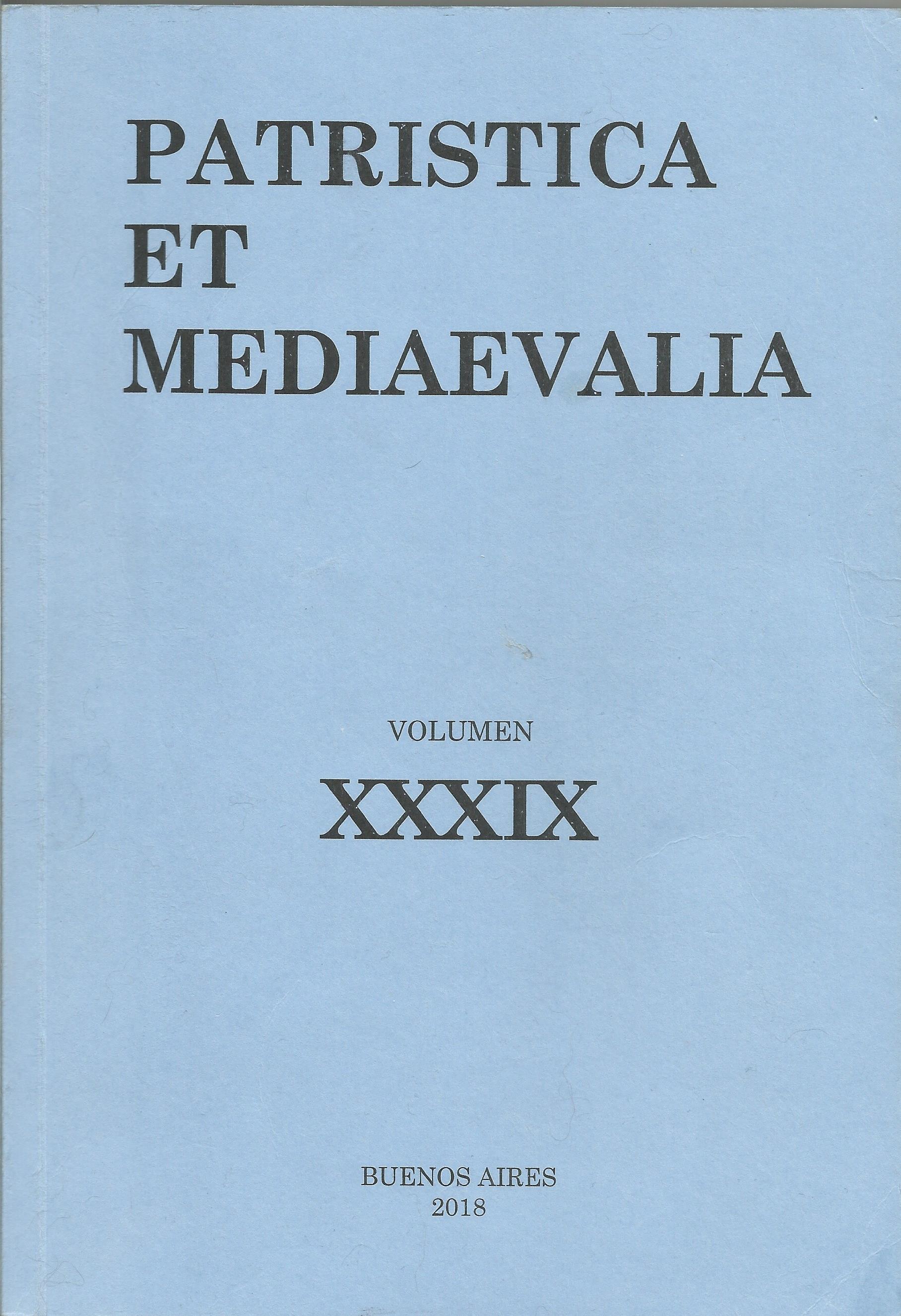Law, Private Property and Use in The 'Opus Nonaginta Dierum' of William of Ockham
Abstract
This paper presents the ockhamist theory of property as a reply to John XXII in the context of the dispute about poverty. Firstly, we analyse John’s doctrine of property as an absolute right of divine origin, which means that it is illicit to separate property from use in consumable goods. Secondly, we describe the varieties of usus which Ockham defines, along with the concept of ius. As a right ex iure positivo, property reaches its limits in the cases of extreme necessitas.Downloads
References
Brett, A. (2006). Scholastic Political Thought and the Modern Concept of the State. En A. Brett. A, Tully, J. & Hamilton-Bleakley, H. (eds.). Rethinking the Foundations of Modern Political Thought. Cambridge: Cambridge University Press.
Burr, D. (2001). The spiritual Franciscans: from Protest to Persecution in the Century after Saint Francis. Pennsylvania: Penn State University Press.
Coleman, J. (1988). Property and Poverty. En Burns, J.H (ed). The Cambridge History of Medieval Political Thought c. 350-c. 1450. Cambridge: Cambridge University Press.
Coleman, J. (2000). A History of Political Thought: From the Middle Ages to the Renaissance. Oxford: Willey-Blackwell.
Fernández, C. (2002). Facilidad y legalidad en la teoría ockhamista de la propiedad. Patristica et Mediiaevalia XXIII, 65-101
Garnsey, P. (2007). Thinking about property. From Antiquity to the Age of Revolution. Cambridge: Cambridge University Press.
Kileullen, J. (1999). The Political Writings. En Spade, V. (Ed). The Cambridge Companion to Ockham. Cambridge: Cambridge University Press, 302-325.
Lagarde, G. (1962). La naissance de l’esprit laïque au déclin du Moyen Age. IV: Guillaume d’Ockham: défense de l’empire. Levain-Paris: Persée.
Mäkinen, V. (2006). Rights and Duties in Late Scholastic Discussion on Extreme Necessity. En Mäkinen, V. & Korkman, P. (Eds). Transformations in Medieval and Early-Modern Rights Discourse. Netherlands: Springer.
McGrade, A. (1974). The Political Thought of William Ockham. New York: Cambridge University Press.
Moorman, J. (1968). The Franciscan Order. From its origins to the year 1517. Oxford: Oxford University Press.
Peña Eguren, E. (2005). La filosofía política de Guillermo de Ockham. Madrid: Encuentro.
Robinson, J. (2010). William of Ockham’s Early Theory of Property Rights: Sources, Texts, and Contexts. A thesis submitted in conformity with the requirements for the degree of Doctor of Philosophy. Centre for Medieval Studies, University of Toronto.
Robson, M. (2006). The Franciscans in the Middle Ages, Suffolk: Boydell Press.
Shogimen, T. (2007). Ockham and Political Discourse in the Late Middle Ages. Cambridge: Cambridge University Press.
Skinner, Q. (1978). The Foundations of Modern Political Thought. Vol 2 The Age of Reformation. Cambridge: Cambridge University Press.
Van Duffel, S. & Robinson, J. (2010). Ockham’s Theory of Natural Rights. Toronto.
Villey, M. (2013). La formation de la pensée juridique moderne. Paris: Presses Universitaires de France.
1. The authors who publish in this magazine accept the following conditions:
-
They retain the copyright and grant to the magazine the right of the first publication, with the work registered under the Attribution-ShareAlike 4.0 International License that allows third parties to use what is published as long as they mention the authorship of the work and the first publication in this magazine.
-
They can make other independent and additional contractual agreements for the non-exclusive distribution of the version of the article published in this magazine (eg. include it in an institutional repository or publish it in a book) provided that they clearly indicate that the work was first published in this journal.
-
They are allowed and recommended to publish their work on the Internet (for example on institutional or personal pages).
2. AutoArchive Conditions. Authors are allowed and encouraged to distribute post-print electronic versions of their manuscripts because it promotes their circulation, a possible increase of quotation and a major reach among the Academic community. Color RoMEO: blue.













